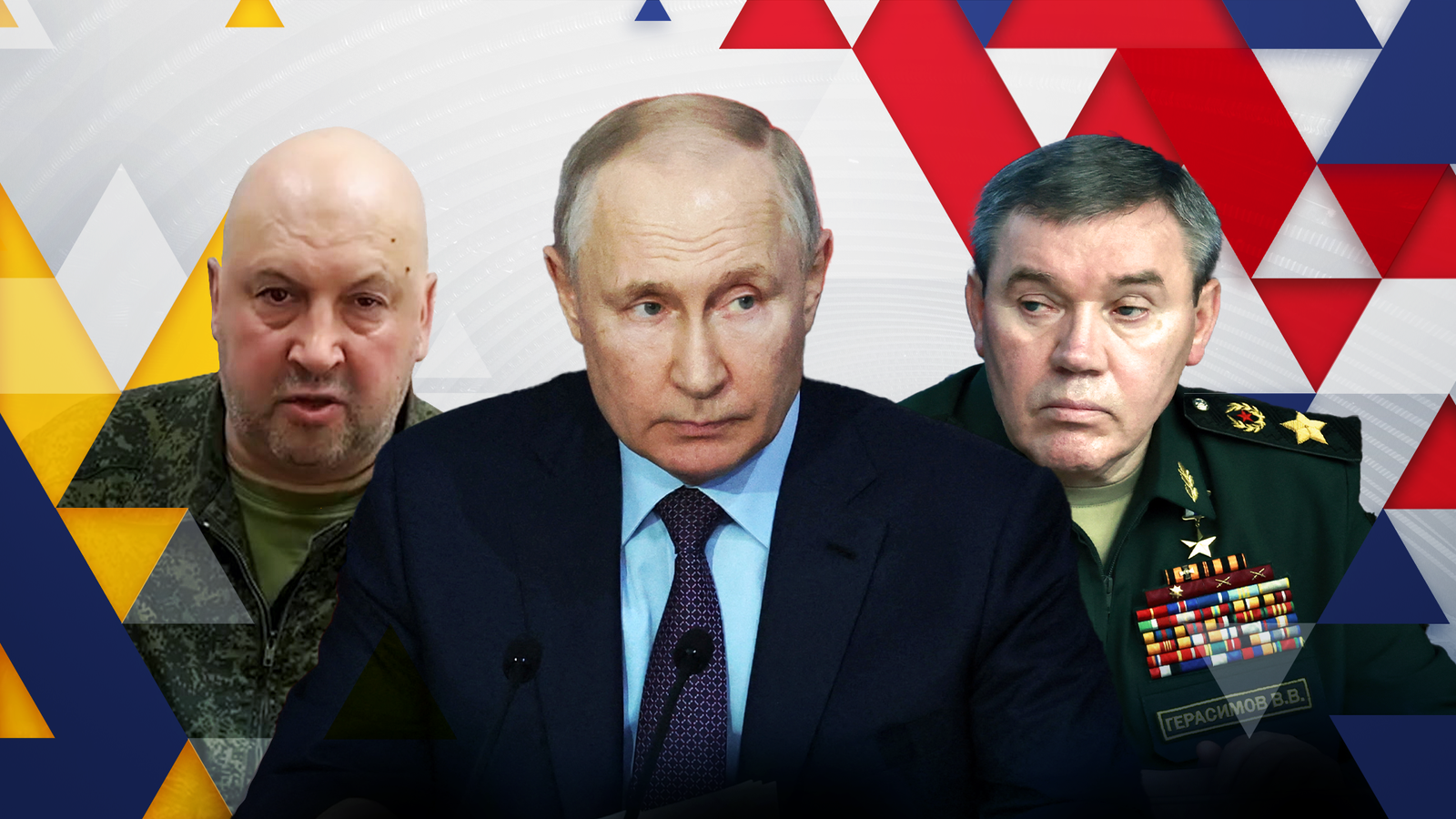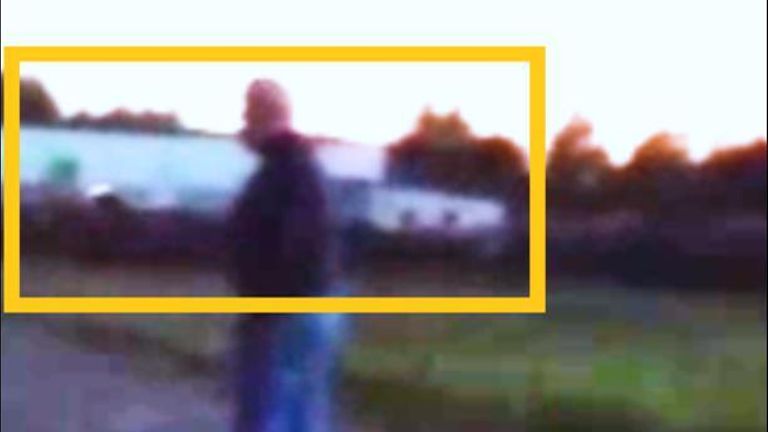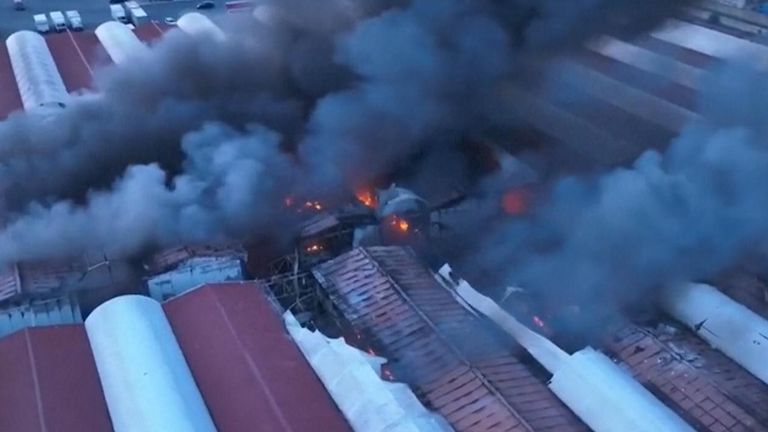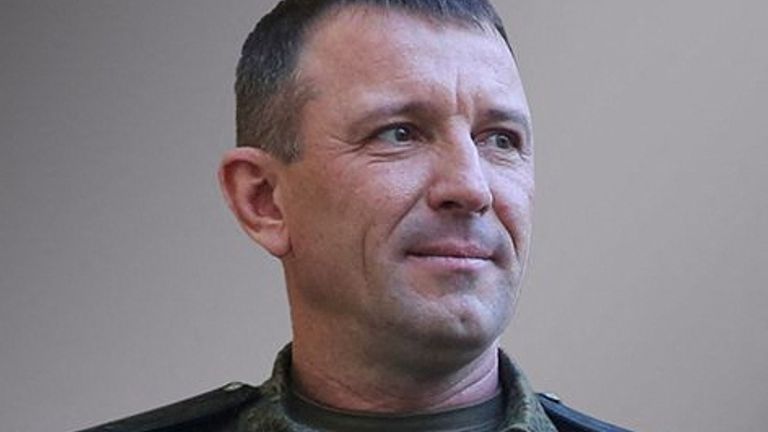Ukraine’s counteroffensive is entering its seventh week and even the most ardent optimists admit that it is progressing slower than anticipated and Ukrainian forces have – as yet – failed to break through the established layered Russian defences.
But, Russia is also facing significant challenges.
Vladimir Putin is evidently struggling to re-establish command and control of Russia’s military forces following Yevgeny Prigozhin’s ill-fated rebellion.
Is the current turmoil in Russian senior military leadership a sideshow to the brutal frontline battles, or is Mr Putin’s house of cards on the brink of collapse?
Credible warfighting capability is a blend of core ingredients.
Equipment is important, as is training, but the ability to “get people to fight” – the moral component of fighting power – is widely believed to be the most important.
The moral component is focused on morale, integrity, values, and legitimacy to ensure soldiers demonstrate physical and moral courage in the “face of mortal peril”.
Leadership – and followership – are central to the development of the moral component, and the West invests considerable time and resources across all ranks of its services to educate, nurture and mature these battle-winning skills.
Trust and confidence in military leaders, whether at a relatively junior rank or the most senior, enables commanders to articulate their intent, and empower those below to use their initiative, courage, and ultimately sacrifice, to achieve those aims.
But this is not the Russian modus-operandi.
In the Russian military, there is no empowerment – senior officers direct, and soldiers do.
Click to subscribe to the Sky News Daily wherever you get your podcasts
Infantry are seen as disposable – pawns in a brutal battle – and any latitude to “interpret” orders would provide potential justification for anarchy, which is a constant fear for the Russian military hierarchy. This creates animosity and contempt for command.
And following Prigozhin’s abortive rebellion, Mr Putin will not know which of his commanders he can trust, and which he should fear.
Mr Putin might have been expected to purge his senior military commanders to eliminate any enduring threat and serve as a clear lesson to those selected to replace them. However, his priority is to retain his grip on power, and he values loyalty over competence.
Read more:
Putin is balanced on a delicate tightrope when it comes to Yevgeny Prigozhin
Ukraine winning the war is not impossible – but it’s certainly very, very difficult
Replacing General Valery Gerasimov and Defence Secretary Sergei Shoigu might improve Russia’s operational effectiveness but would risk enemies closing in on Mr Putin’s seat of power.
Meanwhile, Mr Putin is working through his senior military commanders to flush out those who might have been complicit in the rebellion; General Sergey Surovikin (head of Russian aerospace forces) had a close relationship with Prigozhin, and it is no coincidence that he has not been seen since. One can only imagine his fate.
But even loyal generals are disposable, particularly if they seek to speak “truth to power”.
Major General Ivan Popov, who oversaw forces fighting in southern Ukraine, has apparently been relieved of his duties after speaking out about the problems faced by his troops.
Gen Popov was widely known for doing his best to avoid unnecessary losses – unlike many other commanders who were eager to sacrifice their soldiers to report successes.
Strong and decisive leadership is required if Russian success in Ukraine is to be achieved. Instead, a culture of suspicion and fear permeates all levels of the military – even into the Kremlin – as the ramifications of Prigozhin’s abortive rebellion continue to reverberate.
Russia’s “crisis of command” might not directly impact Russia’s immediate frontline defences, as soldiers there have no choice but to fight or be shot as deserters by their colleagues.
However, if Ukraine does manage to break through the Russian defensive line and the floodgates open, leadership shortcomings will be exposed, and Russian courage, bravery and initiative will be in very short supply.
But first, Ukraine needs a breakthrough. And soon!



